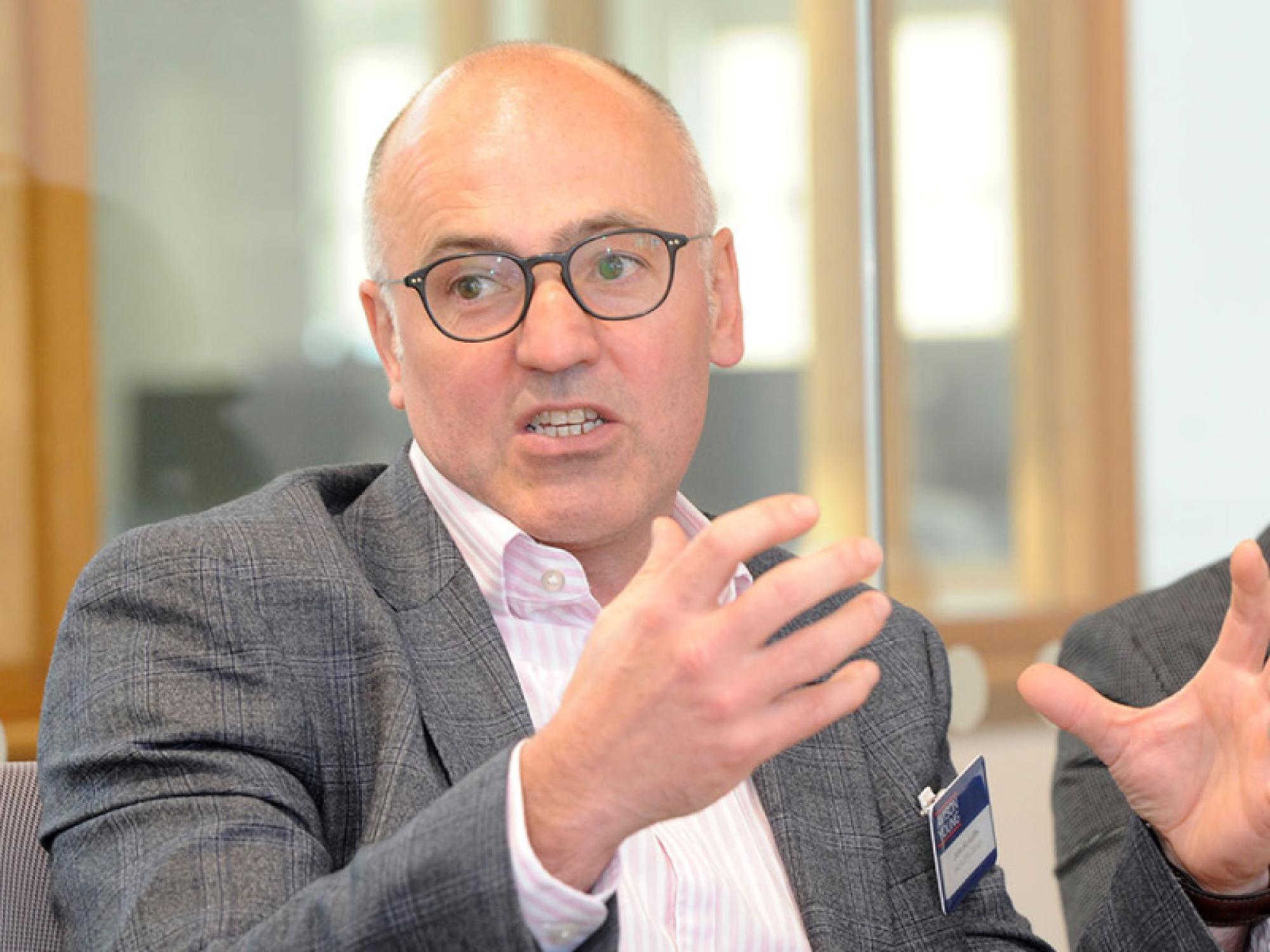The online event, hosted by Insider Editorial Director, Miri Thomas, drew in senior representatives from across the public and private sector, including Manchester and Liverpool City Councils, Your Housing Group, NPL, ForViva, E3P, Engie and First Choice Homes Oldham.
Here’s what they said:
Can social housebuilders lift the North West housebuilding economy?
With the will, expertise and funding to unlock complex brownfield sites, social housing providers seem uniquely placed to boost the post-Covid housebuilding market.
Each of the roundtable experts expressed their desire to get sites unlocked and to build more social and affordable housing. Mark Kitts, of Liverpool County Council, noted that ‘councils have a massive role to play as a civic lead’ and that they have ‘chosen housing as one of the conduits to economic recovery.’
Threats to the viability of brownfield sites
Complex contaminated sites and former landfills were named as the biggest headaches for developers, with specific expertise/advice needed early on in the project for best results. This is a situation McAuliffe is well versed in, with John McAuliffe commenting how he’s seen ‘some landfill sites stalled for 15 years, purely because they haven’t set out on the right path from the start.’ Speaking to an experienced remediation contractor right from land purchase (link to service section) can make the difference.
The under-resourcing of central government agencies responsible for granting remediation permissions and permits was also raised. Under-resourcing was said to hamper local authorities and stall sites – sometimes adding years onto development.
Making brownfield development stack-up
Cross-subsidising, grant funding, and drawing specialist knowledge into schemes early, were all discussed as necessary approaches to unlocking sites and spearheading social housing development.
John noted the role of the combined authority in the West Midlands, which has been responsible to unlocking long-derelict sites through its approach to grant funding. Also, the growing role of university research centres, such as BRIC at the University of Wolverhampton, in identifying brownfield sites and bringing in the technical and commercial expertise needed to assess viability.
Want more than a snapshot of the debate? Subscribers can read the full piece, here: https://bit.ly/3ox5jYg








